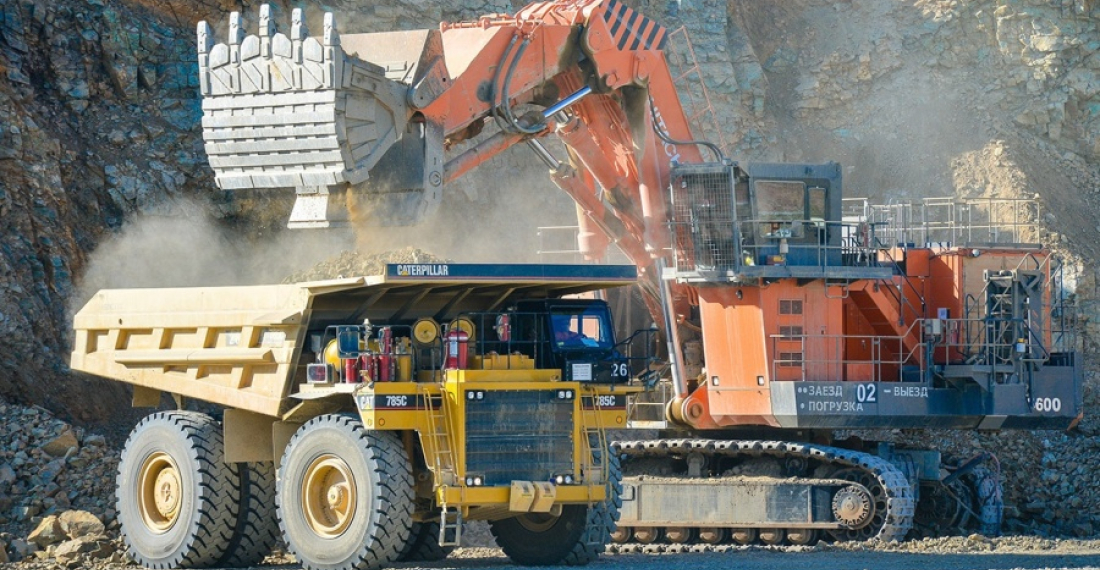After months of fierce fighting, Russia appears to have finally taken control of one of Ukraine's largest lithium reserves. Russian troops have been in control of the town of Shevchenko for several days now, where an estimated 12 to 14 million tonnes of lithium ore lie underground to the east. Lithium is an important mineral needed for producing rechargeable car batteries, among other things. This information comes from the Reuters news agency. Ukrainian media outlets such as Kyiv Insider are also reporting on the news.
According to Kyiv Insider, the Russians have now "gained control of one of Ukraine's most valuable lithium reserves". The news site writes that, according to industry analysts, the area is considered "one of Ukraine's most commercially promising fields".
Ukrainian geologists say that the site near Shevchenko is the only known field in Ukraine where lithium is present in a relatively easy-to-extract form. This is important because it is not easy to extract lithium from the ground for a number of reasons. The mineral is usually found in hard rock deposits, and the mining process can easily take ten to fifteen years.






